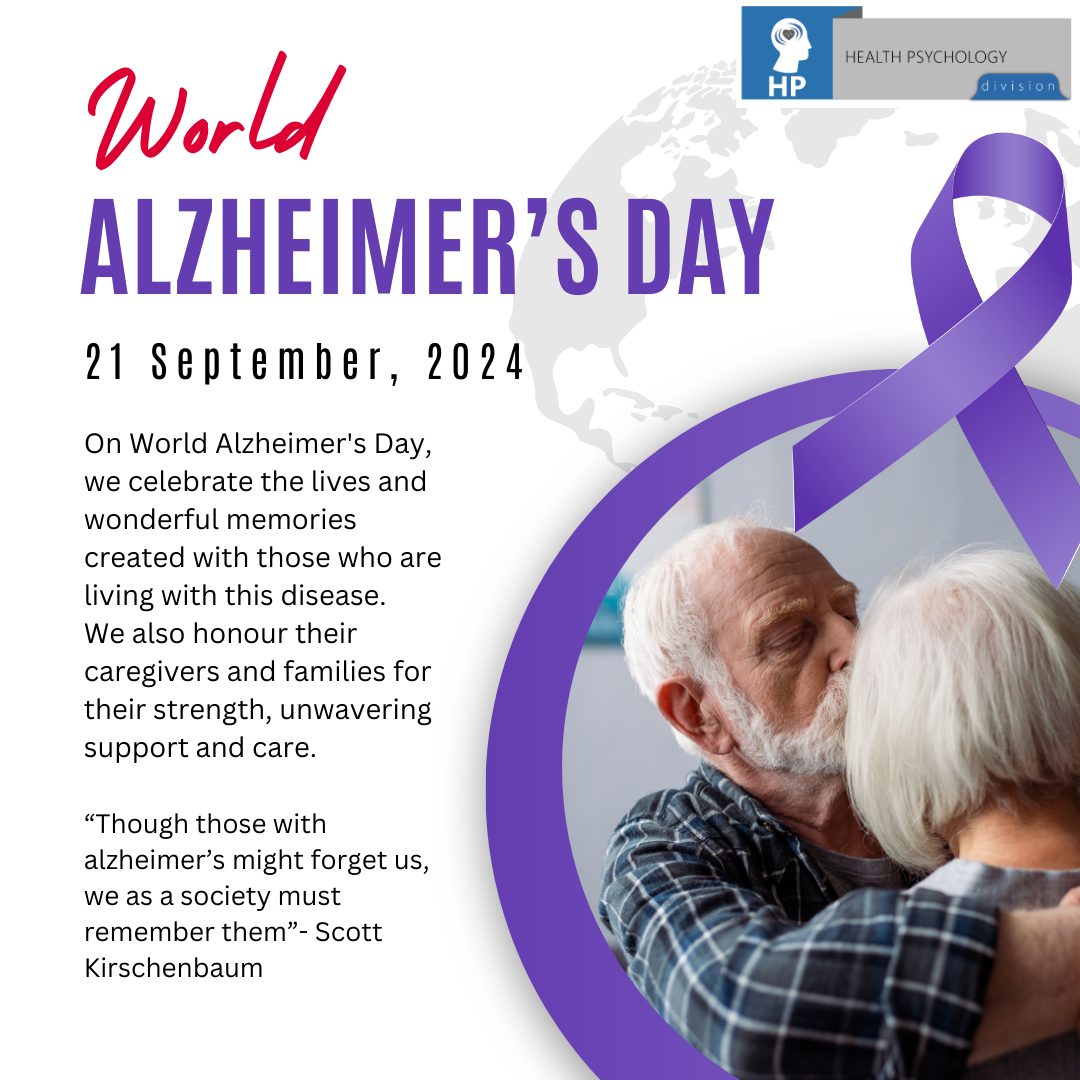
HPSIG Podcast: Premenstrual Dysphoric Disorder (PMDD)
EPISODE 27
HPSIG Podcasts
HPSIG Podcast: Premenstrual Dysphoric Disorder (PMDD)
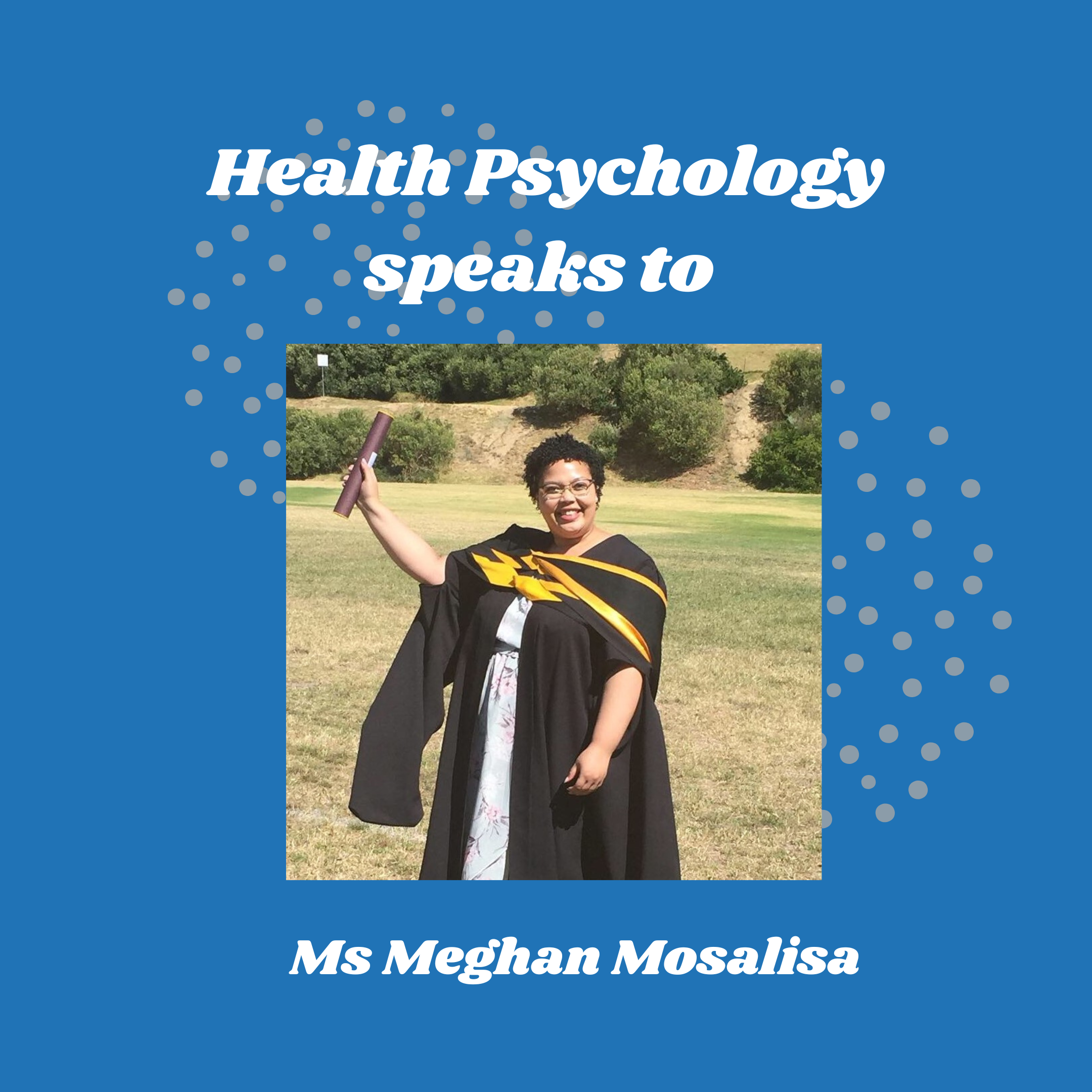





Today the world commemorates World Cancer Day, a global initiative led by the Union for International Cancer Control (UICC). The theme for this year is “United by Unique”, which calls for patient-centered care. World Cancer Day serves as a reminder of the ongoing battle against cancer and the urgent need to address this pressing public health issue. For South Africans, this day is particularly significant as cancer remains one of the leading causes of death in the country. This year, the theme is “Close the Care Gap,” urging communities, governments, and individuals to work together in creating equitable access to cancer prevention, detection, treatment, and care.
Cancer has a tremendous impact not only on those diagnosed with the disease, but their families, friends, colleagues and communities.
Cancer is a growing concern in South Africa. The National Cancer Registry estimates that there are approximately 100,000 new cancer cases reported annually. The most common types of cancer affecting South Africans include breast cancer, cervical cancer, prostate cancer, and lung cancer. The fight against cancer in South Africa hampered by socioeconomic disparities, limited healthcare infrastructure, and a lack of awareness about cancer prevention and early detection contribute to late diagnoses and poor outcomes.
As a professional body for psychologists, PsySSA recognizes the psychological impact of cancer within our communities. Several researchers in South Africa have published psychosocial studies regarding cancer. Below are links to some of this research:
What Can You Do?
Every South African has a role to play in the fight against cancer. Here are some actionable steps:
1. Get Screened: Regular screening can lead to early detection, significantly improving treatment outcomes. Visit your local clinic or healthcare provider to learn about available screening options.
2. Adopt a Healthy Lifestyle: Reduce your risk by avoiding tobacco and alcohol, eating a balanced diet, and staying physically active.
3. Support Cancer Initiatives: Donate to or volunteer with local organizations to help fund research and community outreach programs.
4. Spread Awareness: Use your voice to educate friends and family about the importance of early detection and prevention. Encourage others to get screening if they mention any concerns to you.

A cancer diagnosis, while primarily a medical condition, triggers profound psychological responses that reverberate through various aspects of an individual’s life. The initial shock and fear of mortality that accompany a cancer diagnosis can cascade into a range of emotional and psychological effects, any of which persist long after the diagnosis itself.
Shock and Denial: Initially, many individuals experience a sense of disbelief. The reality of having cancer is often too overwhelming to accept immediately, leading to feelings of numbness or detachment. Denial can serve as a defence mechanism, helping individuals temporarily distance themselves from the severity of their condition.
Anxiety and Fear: One of the most immediate and common psychological effects of a cancer diagnosis is anxiety. Fear about the future, including concerns about treatment outcomes, the potential for recurrence, and the impact on family and personal life, can cause significant distress. The uncertainty about the course of the disease often exacerbates these feelings, contributing to a heightened state of worry and fear.
Identity and Body Image: A cancer diagnosis often challenges an individual’s sense of self, especially when treatments such as surgery, chemotherapy, or radiation affect their physical appearance
or functioning. Changes in body image, such as hair loss, scars, or altered physical abilities, can lead to a loss of self-esteem or self-worth. This can be particularly difficult for those whose identities are closely tied to their physical appearance or sense of vitality.
Depression and Grief: The emotional toll of cancer can lead to depression and grief, not only over the diagnosis itself but also over the anticipated loss of health, lifestyle, and even the prospect of
one’s future. These emotions may be compounded by feelings of isolation, as individuals may find it difficult to relate to others who haven’t had similar experiences.
Impact on Relationships: The ripple effects of a cancer diagnosis extend beyond the individual to family, friends, and partners. Loved ones often experience anxiety, sadness, and helplessness, which can strain relationships. Partners may take on caregiving roles that disrupt the emotional and practical balance of the relationship, leading to feelings of frustration or exhaustion. In some cases,
individuals may feel emotionally disconnected or misunderstood by others, particularly if they have trouble articulating their emotional experiences.
Post-Traumatic Growth: While a cancer diagnosis is undoubtedly distressing, some individuals may also experience positive psychological changes as a result of their journey. This concept, known as post-traumatic growth, refers to the potential for individuals to gain new perspectives on life, develop a greater sense of resilience, or rediscover personal strengths in the wake of their illness. In some cases, the diagnosis may lead to reevaluating personal priorities, fostering deeper connections with others, or a greater appreciation for life.
In summary, a cancer diagnosis doesn’t just impact an individual’s physical health—it sends ripples through their emotional and psychological world. The effects can be complex and multifaceted, with
anxiety, depression, and changes in identity often accompanying the diagnosis. However, with proper psychological support and a strong social network, individuals can navigate these challenges and, in some cases, emerge with a renewed sense of meaning and strength.

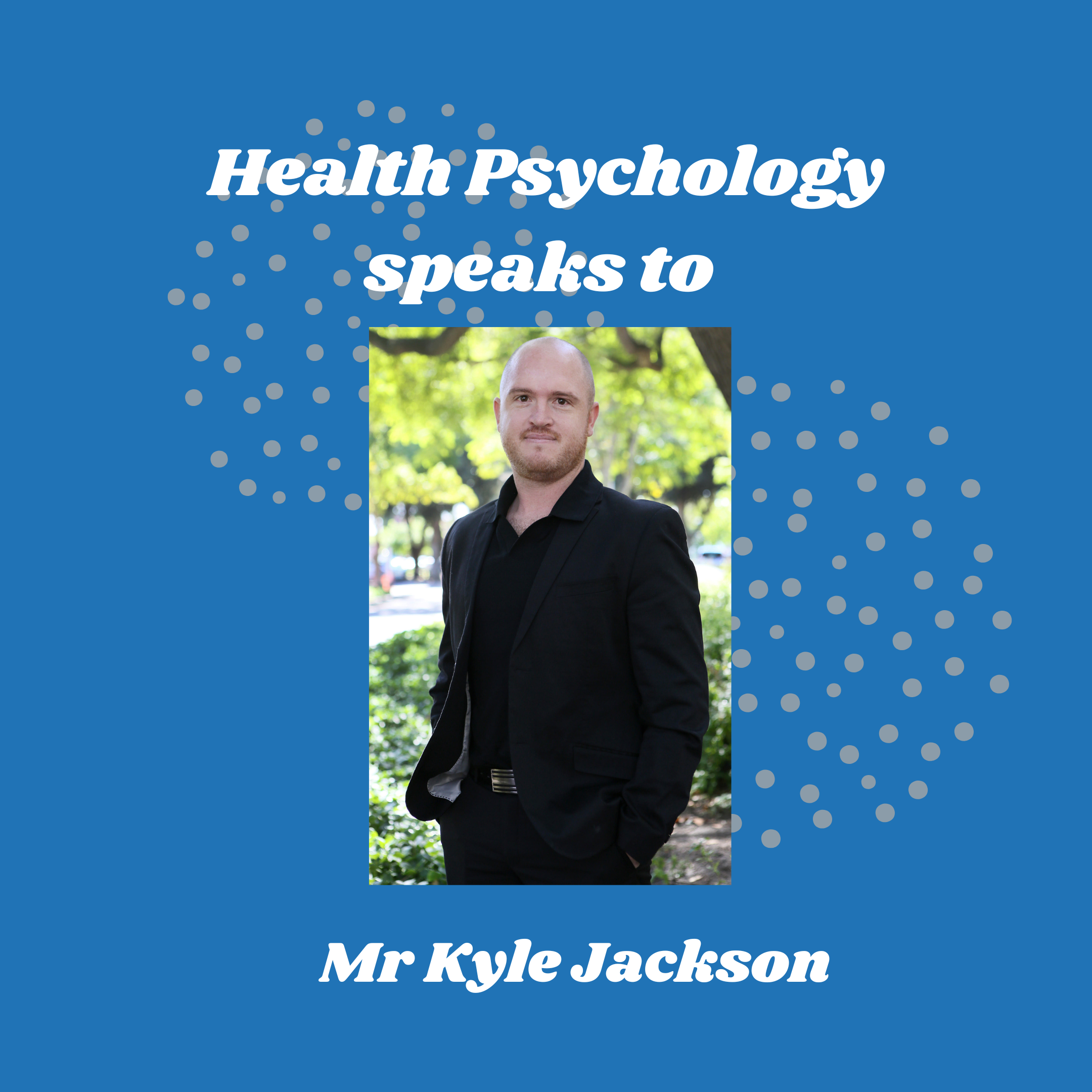
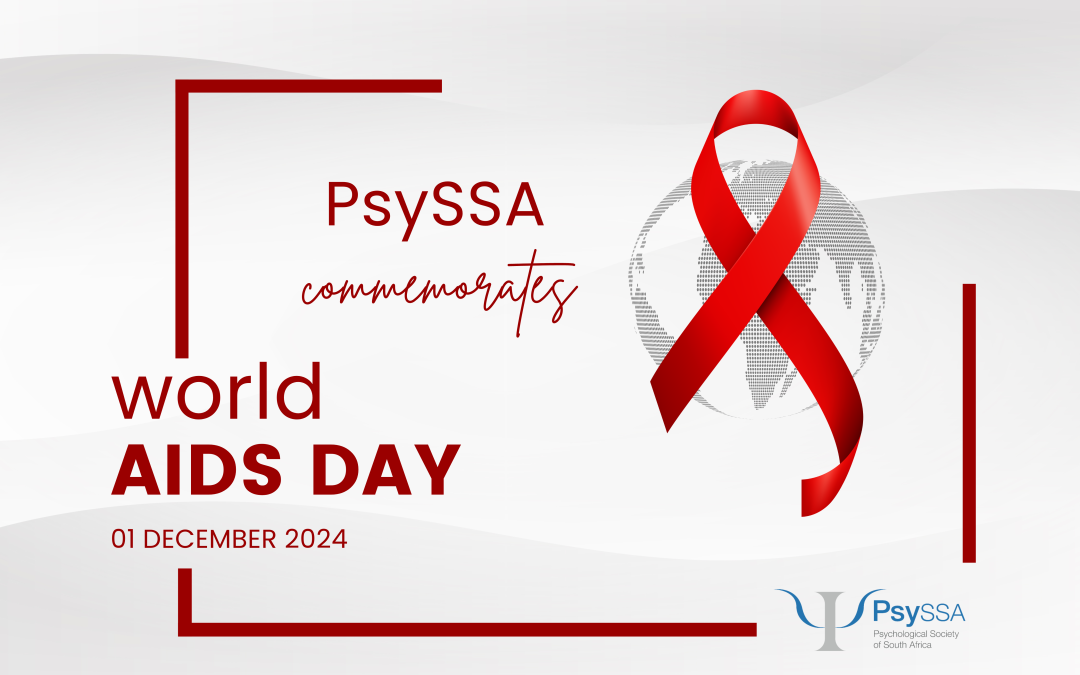
“Take the rights path: My health, my right!”
This special edition of the DRM podcast, hosted by Associate Professor Bronwyne Coetzee of Stellenbosch University, in partnership with the Psychological Society of South Africa’s Division for Research and Methodology, commemorates World AIDS Day 2024. The discussion emphasises this year’s theme, “Take the Rights Path: My Health, My Right!” and the critical role of human rights in ending HIV. In this podcast Prof Coetzee is joined by Prof. Stephan Rabie an Associate Professor and Chief Research Officer in the HIV Mental Health Research Unit in the Department of Psychiatry and Mental Health at the University of Cape Town, an expert in mental health and HIV. In the podcast they discuss the intersection of HIV care and mental health, discussing the necessity of integrated support systems and Prof Rabie’s groundbreaking upcoming programme of work on suicide prevention among adults living with HIV in South Africa. As we observe World AIDS Day 2024, it’s important to remember and recognise that protecting everyone’s health is intrinsically linked to protecting everyone’s rights.
Useful resources: https://www.who.int/campaigns/world-aids-day/2024
Calls to action: https://www.who.int/campaigns/world-aids-day/2024/calls-to-action
Prof Stephan Rabie in conversation with Prof Bronwynè Coetzee
Stephan Rabie is an Associate Professor and Chief Research Officer in the HIV Mental Health Research Unit in the Department of Psychiatry and Mental Health at the University of Cape Town. The majority of his research has been devoted to developing and implementing mental health interventions in diverse settings. His research focuses on the intersection of mental illness and chronic conditions, with specific focus on HIV and behavioural adherence. He has provided academic oversight and managed several interventions focusing on HIV, substance use, sexual trauma, sexual and reproductive health, and community-based healthcare. He currently holds an Emerging Global Leader Award from the Fogarty International Center, focusing on the development of a suicide prevention intervention among people with HIV in South Africa.

On this day we pledge to reaffirm that health is not a privilege, but rather is a fundamental human right. We call for the uncompromising commitment to ensuring that everyone regardless of demographic identity has access to the care, treatment and support that they not only deserve but are entitled to as a right enshrined within the constitution of South Africa.
HIV/AIDS continues to affect millions around the world; however, it is only through the dismantling of the stigma which too often hinders progress, that we will be able to offer the respect for their autonomy; to ensure their equitable access to prevention and treatment that they require. On this day, we reflect that our health is a right, rather than a luxury. The access to healthcare, education, and support systems are crucial for breaking the cycle of transmission and promoting a world where people living with HIV can thrive.
As we honour those affected by HIV, let us commit to fostering a society where everyone can walk the path of health with dignity, security, and the freedom to make their own choices.
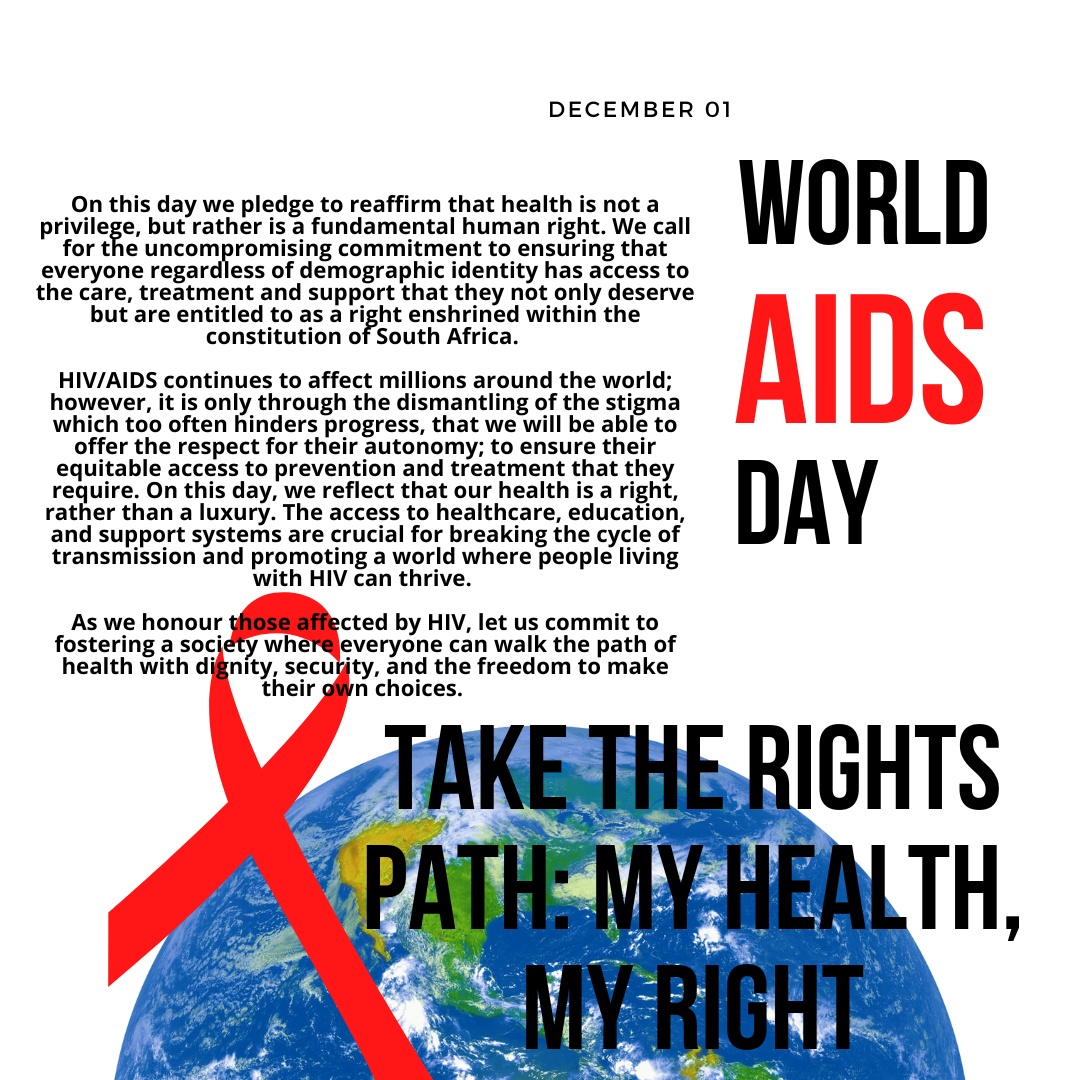

World Diabetes Day (WDD) is an awareness campaign aimed to enhance awareness of one of the most prevalent global health problems. The World Health Organization (2023) describes the purpose of WDD as an opportunity to educate people about diabetes, implement better prevention strategies, and improve the management of the condition. Striving towards better diabetes care and prevention should be a collective goal. The theme for 2024-2026 is “Diabetes and Wellbeing” with a focus on empowering people living with diabetes to live a full and happy life. It is a reminder to all people living with the condition that they are not alone. Ultimately, WDD is an initiative to improve the overall wellbeing of all people living with diabetes.
Click the links below for more information on World Diabetes Day:
International Diabetes Federation: https://worlddiabetesday.org/about-wdd/
International Diabetes Federation: https://worlddiabetesday.org/
International Diabetes Federation: Diabetes and wellbeing: https://idf.org/events/webinars/diabetes-and-well-being-more-than-access-to-care/
World Health Organization: https://www.who.int/campaigns/world-diabetes-day
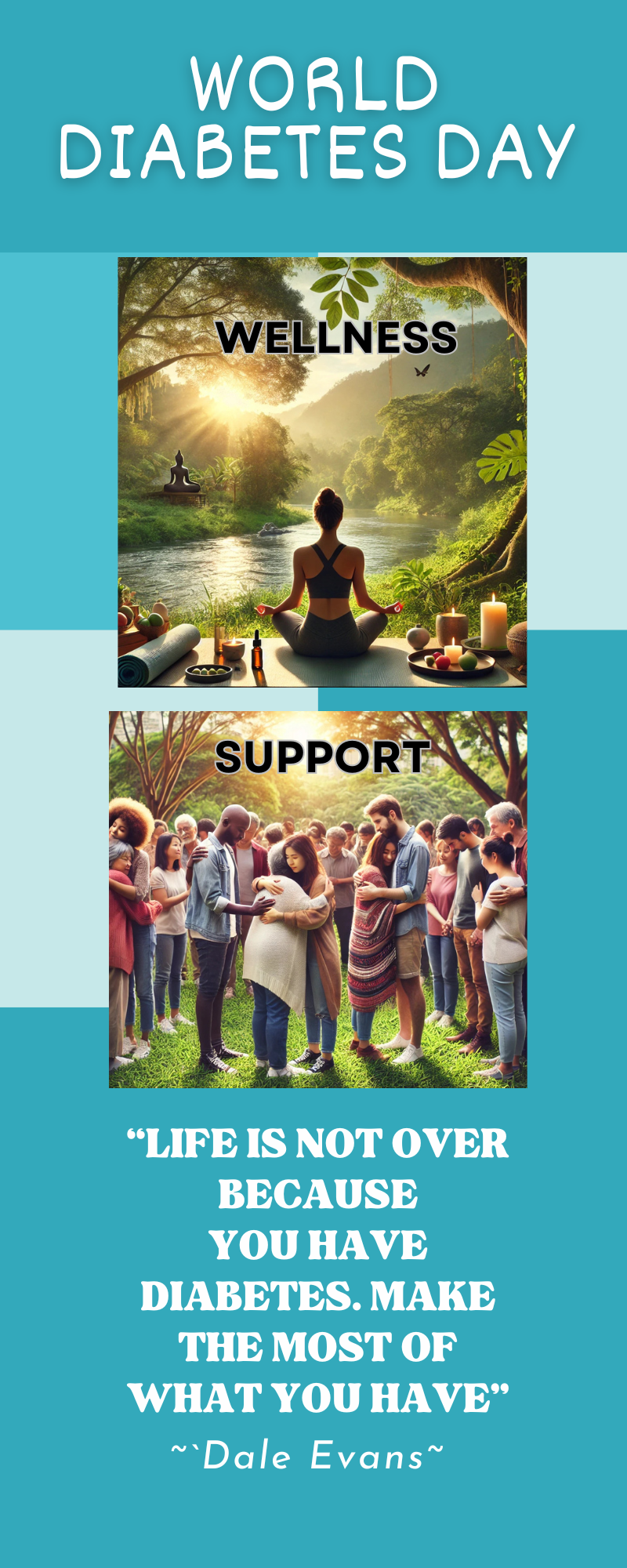
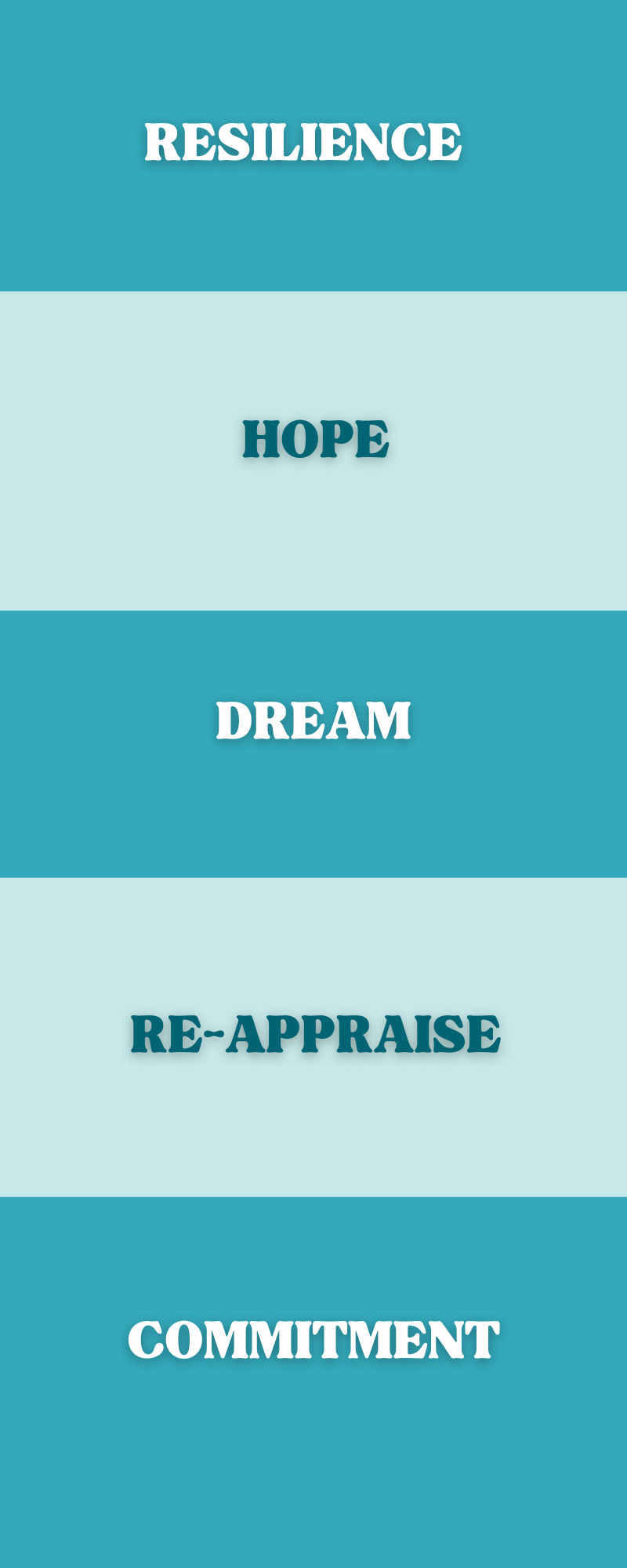

There is no antidote for aging. As we are born, so we are guaranteed that until we reach the full stop of our lives, we are going to age. The question is how to prepare for it. We all hope to travel life’s journeys with as few stumbling blocks as possible. Inevitably and often unavoidably things happen along the way. The wisdom of knowledge is the invaluable tool that we can arm ourselves with in the event of various occurrences.
Due to various factors, life expectancy today is a lot longer than in previous decade. This can be attributed to better health care and a general awareness of living a better lifestyle, thus incorporating good nutrition, exercise and the management of stress. We all know that our lives are composed of various aspects, namely, physical, emotional, financial, cognitive and mental health. We all yearn towards searching for the panacea to provide us with a holistic quality of health.
Without education and awareness we fail ourselves and society at large in believing the myth that failing memory and cognitive skills are a result of old age. There is little further from the truth! Dementia is by no means a normal part of the ageing process.
Age is certainly undeniably an important risk factor, but it is imperative that it be known that it is not the only one. There are a number of other medical conditions which are treatable and that can also result in memory impairment. It is thus essential to have memory difficulties carefully checked out especially if one’s daily life is being affected and resulting in anxiety.
Statistics show that Dementia affects one is 20 people over the age of 65 and one in 5 people over the age of 80. This means that 20% of people over the age of 80 develop Dementia which by implication means that 80% do not. There are however diagnosed and documented cases of early –onset dementia before the age of 65.
Because it has been reported that a new case of Dementia arises every seven seconds in the developed world it is estimated that by 2040 the amount of sufferers will have risen from 24, 3 million people who are currently affected to 81, 1 million. Are these not staggering statistics!
It is thus clearly evident that the need for community-based services, welfare and support for people with Dementia as well as their carers is exceedingly large. This will no doubt place pressure upon governments globally to dramatically increase such services.
The message is crystal clear that we need to be prepared. The climate for change needs to be hastily created in terms of awareness and education to policymakers, governments, medical aids, health care professionals, home based carers and society at large. We need to encourage the change of social conscience by including the aged and more specifically, those with Dementia.
Well, what exactly is Dementia? Too often it is a term that is bandied about without a clear understanding and thus it has developed a stigma that needs to be repudiated.
Dementia is a disease that affects the brain. It affects memory, thinking and actions – sometimes simultaneously. It is a progressive disease which affects the person with dementia gradually and increasingly. There are many kinds of Dementia, the most common being Alzheimer’s disease (about 50-60%) as well as Vascular Dementia.
Alzheimer’s disease damages individual brain cells one by one so that the brain can no longer continue to function as it has been used to.
With Vascular Dementia, there are problems with blood supply to the brain cells. The most common type of Vascular Dementia is Multi-Infarct Dementia. Tiny strokes (infarcts) damage small areas of the brain resulting in a probable change as to how the person is coping and functioning. Sometimes the effect causes the sufferer to feel unwell and temporarily more confused. Sometimes the person does not notice the effect.
There is not a specific test that can show whether someone has a particular type of Dementia. A diagnosis is made by talking to the person and a close relative or friend to gain insight and a thorough understanding of the person’s history. All possible causes of the symptoms need to be carefully examined.
The Mini Mental State Examination (MMSE) or the MoCA (Montreal Cognitive Assessment) are the most commonly used tests to evaluate memory and cognitive loss. It is used when the diagnosis of Dementia is to be considered.
If you are worried about your memory or have reason to believe that someone you know may be struggling with daily activities (personal hygiene, confusion, misplacing of things etc.) it is thus important to be checked out by a doctor or a specialist (Neurologist, Psychiatrist or Geriatrician).
Every person is unique and affected differently by the disease.
The 10 most common early symptoms of Dementia include:
How Dementia can impact upon family life
Upon confirmed diagnosis of Dementia, the challenge of coming to terms with the expected changes needs to be faced, dealt with and understood. Being prepared assists in being able to equip oneself with a plan in order to be able to cope. It is comforting to know that there is help and support at hand and that the changes will occur gradually. However one does need time to adjust one’s lifestyle with any difficult challenge at hand.
What the family and friends can expect
There are various traits that may become apparent to people who spend time with the person who has been diagnosed. In order to know what to expect one needs to have the insight and understanding by being informed.
The natural progression of the disease follows the pattern of initially having trouble in remembering words, finishing thoughts, following directions or remembering names or information. Often irritability, frustration and confusion are noticeable. Changes in personality and behaviour become apparent. As time goes on problems will increasingly manifest with thinking and remembering, reading and writing will also become more difficult. It will also become harder for the person to make decisions and take in new information.
Later, everyday mundane activities will become really difficult, for example, remembering to keep appointments, shopping lists, coping with money, cooking and general caring for themselves. This then leads to the person needing assistance with basic activities such as washing, dressing and eating.
These changes are very gradual and the person may stay the same for months or even years. Each person with Dementia is different and thus it is difficult to predict when changes will occur and at what pace. Although it may become difficult to continue some of their usual activities, people with Dementia may discover other activities to enjoy, for example, sorting out family photographs, gardening or listening to music.
The all important factor not to lose sight of, is to maintain respect and dignity for the person with the disease.
Karen Borochowitz: Dementia SA
WEBSITE : www.dementiasa.org
NATIONAL HELPLINE : 0860 636 679 / 0860 MEMORY
Or 021 21 0077/8
Email: info@dementiasa.org
